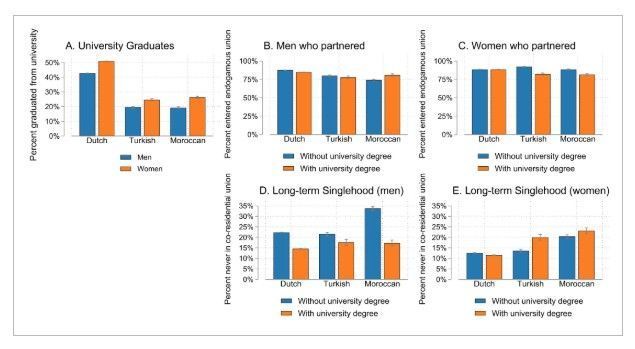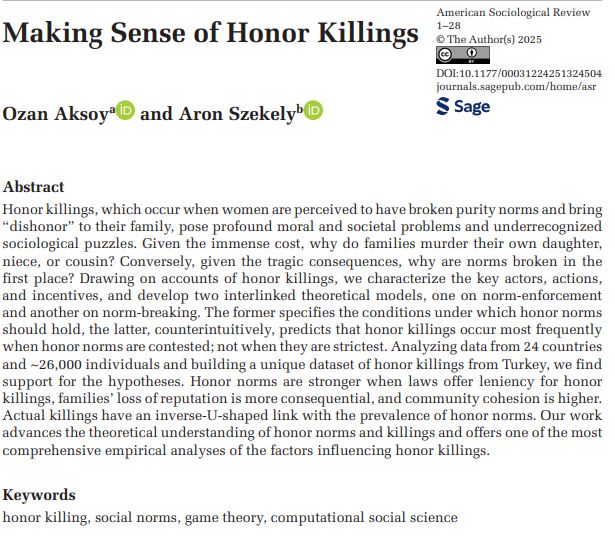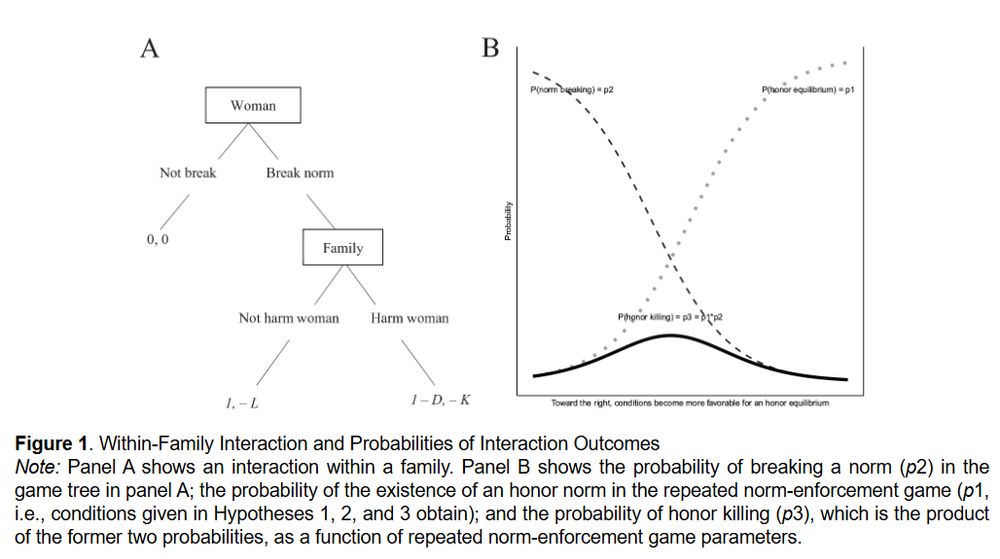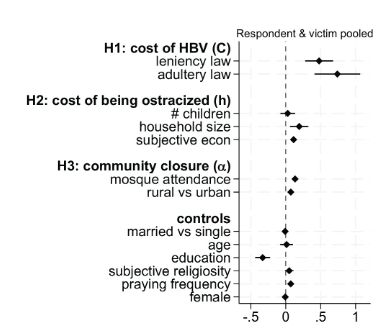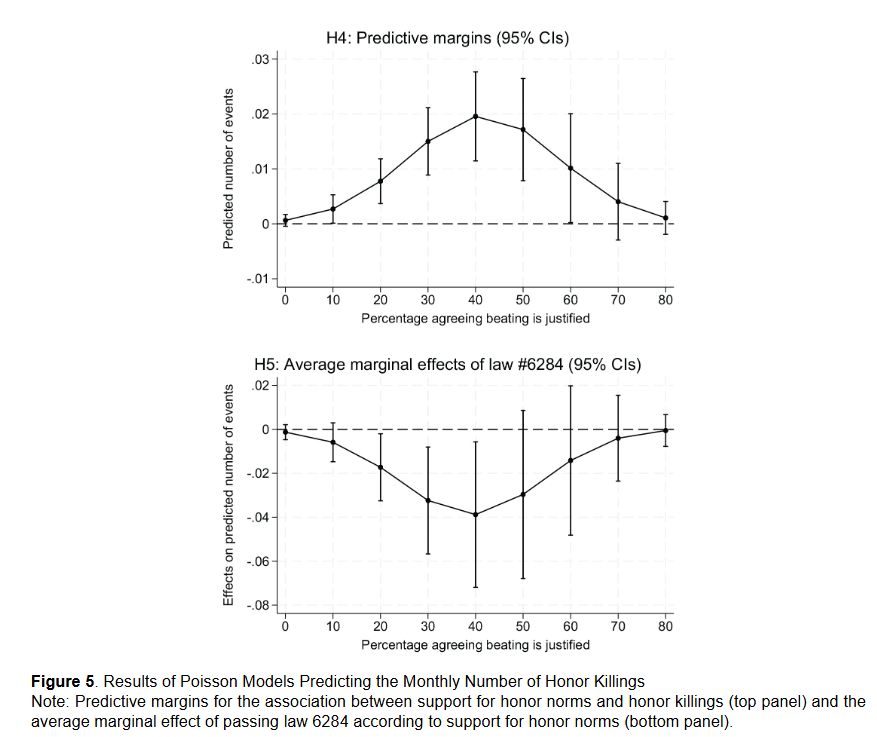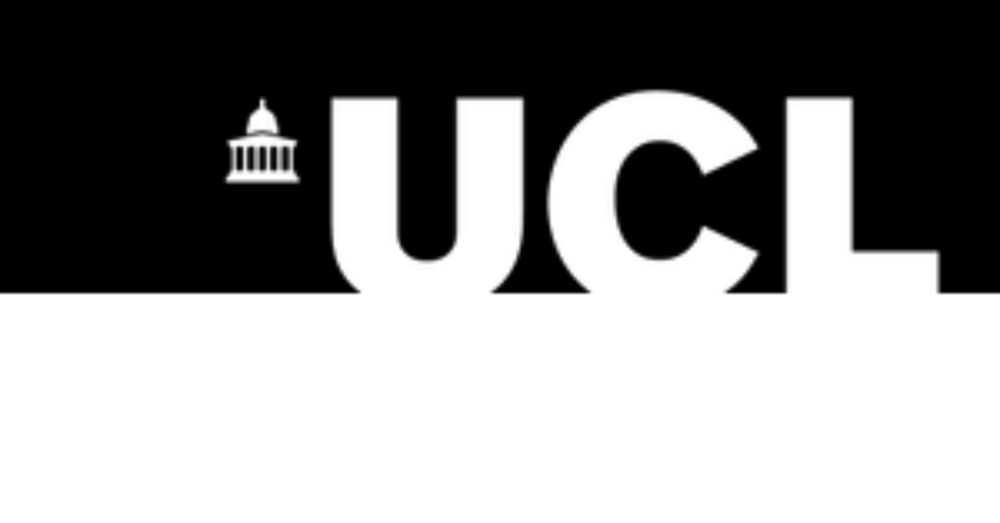Dingeman Wiertz
@dingemanwiertz.bsky.social
220 followers
180 following
12 posts
Associate Professor in Quantitative Social Science at UCL, interested in civic engagement, religion, ethnic integration, residential mobility, quant methods.
https://profiles.ucl.ac.uk/67454-dingeman-wiertz
Posts
Media
Videos
Starter Packs
Reposted by Dingeman Wiertz
Reposted by Dingeman Wiertz
Reposted by Dingeman Wiertz
Reposted by Dingeman Wiertz
Reposted by Dingeman Wiertz
Reposted by Dingeman Wiertz
Reposted by Dingeman Wiertz
Reposted by Dingeman Wiertz
Reposted by Dingeman Wiertz
Per Engzell
@pengzell.bsky.social
· Jul 25
Reposted by Dingeman Wiertz
Reposted by Dingeman Wiertz
Reposted by Dingeman Wiertz
Reposted by Dingeman Wiertz
Tim Müller
@timmueller.bsky.social
· Apr 9

Evidence for the welfare magnet hypothesis? A global examination using exponential random graph models
Abstract. The welfare magnet hypothesis states that welfare generosity in destination countries is a migration pull factor. However, supporting evidence is
academic.oup.com
Reposted by Dingeman Wiertz
Toni Rodon
@tonirodon.bsky.social
· Mar 25
Reposted by Dingeman Wiertz








